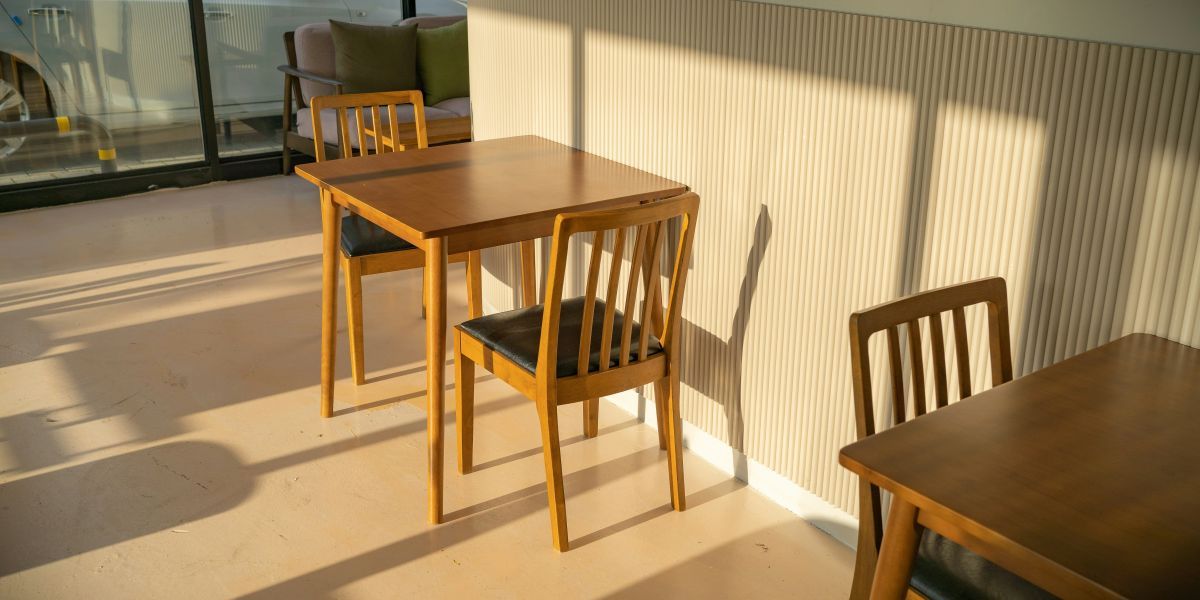Experts argue that a slower walk as you become older has long been a symptom of increased fragility, which can lead to falls and other impairments. A slower gait from year to year may also be an early marker of cognitive deterioration, according to new research in small groups of elderly people.
According to studies, this could be related to shrinking in the right hippocampus, which is the portion of the brain connected with memory.
However, not all indicators of cognitive loss indicate subsequent dementia; according to the National Institute on Aging, about 10% to 20% of people aged 65 and up with moderate cognitive impairment (MCI) develop dementia within a year. The symptoms of MCI may stay the same or even improve in many cases, according to the institution.
People who walk approximately 5% slower or more each year while simultaneously exhibiting evidence of decreased mental processing are more likely to acquire dementia, according to a big new research of over 17,000 adults over 65. The research was published in the journal JAMA Network Open on Tuesday.
“These findings underscore the importance of gait in dementia risk assessment,” writes Taya Collyer, a research fellow at Monash University’s Peninsula Clinical School in Victoria, Australia.
For seven years, a group of Americans over 65 and Australians over 70 was monitored by the new study. Participants in the study were required to undergo cognitive tests every other year to assess their overall cognitive decline, memory, processing speed, and verbal fluency.
Subjects were also instructed to walk 3 meters, or roughly 10 feet, every other year. The average of the two outcomes was used to calculate the person’s usual gait.
According to Dr. Joe Verghese, a professor of geriatrics and neurology at the Albert Einstein College of Medicine in Bronx, New York, who was not involved in the study, “dual decliners,” or people who not only walked more slowly but also showed some signs of cognitive decline, had the highest risk of dementia.
“Furthermore, dual decliners had a higher chance of dementia than those with either gait or cognitive decline alone,” Verghese said in a JAMA editorial published Tuesday.
According to a meta-analysis of over 9,000 American people conducted in 2020, a twofold relationship between walking speed and memory deterioration is predictive of eventual dementia.
“Gait dysfunction has not been considered an early clinical characteristic in patients with Alzheimer’s disease,” Verghese said, despite the findings.
Exercise may help
There are things we can do as we get older to help reverse the effects of normal aging on our brains. Aerobic exercise increases the size of the hippocampus, which improves several parts of memory, according to studies.
The hippocampus is an irregularly shaped organ buried deep in the temporal lobe of the brain that is responsible for learning, memory consolidation, and spatial navigation, such as the ability to remember directions, places, and orientations.
In a 2011 randomized clinical experiment, aerobic exercise training raised the volume of the right anterior hippocampus by 2%, correcting age-related decline in the organ by one to two years. People who merely completed stretching exercises, on the other hand, experienced a drop of roughly 1.43 percent over the same time period.
Aerobic exercise is a sort of activity in which your heart rate and breathing rate increase, but not to the point where you can no longer function. Brisk walking, swimming, jogging, biking, dancing, and kickboxing are all examples of aerobic exercise, as are all of the cardio machines at your local gym, such as a treadmill, elliptical trainer, rower, or stair climber.





